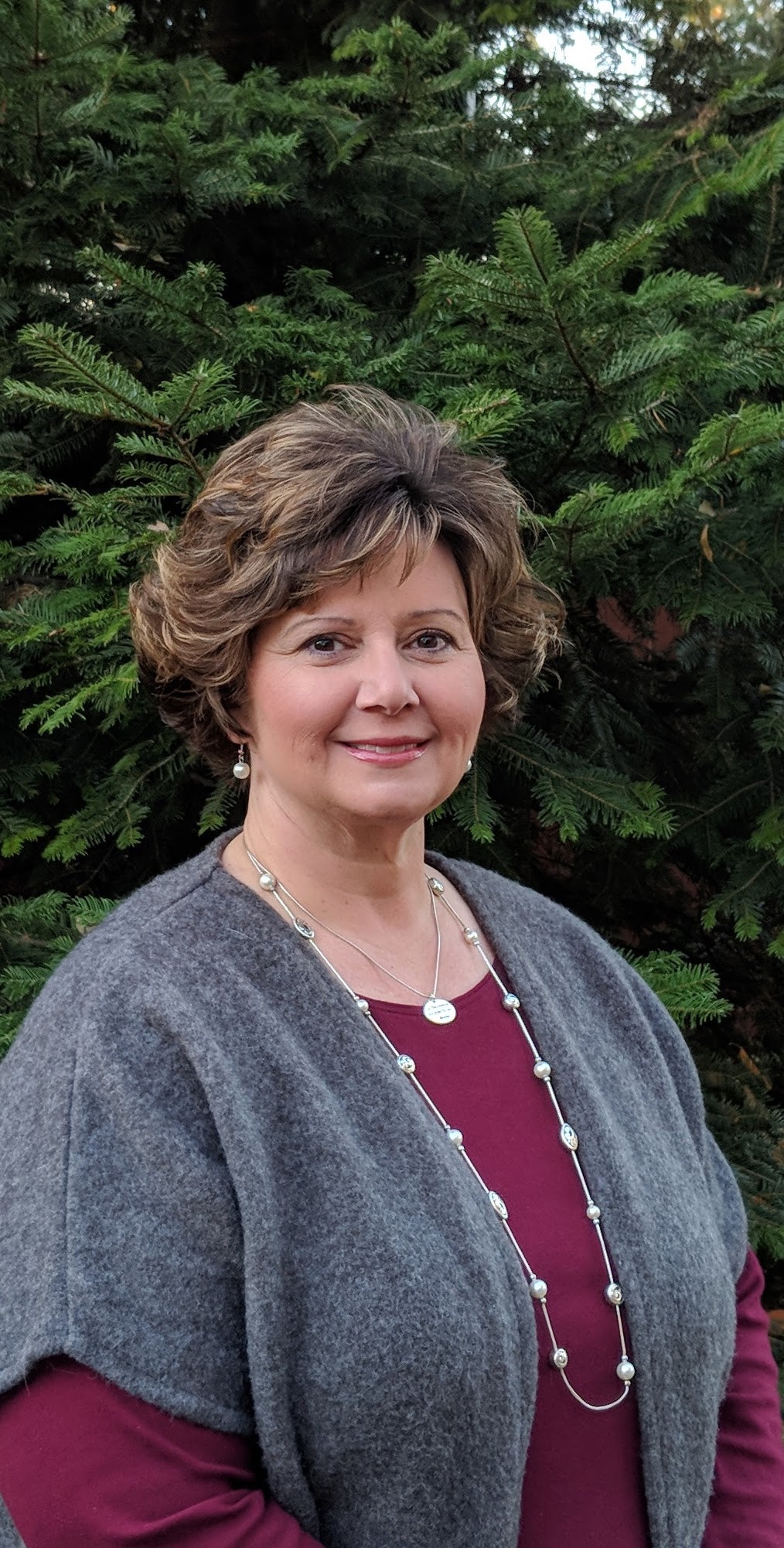
Carlana Coogle, a Boise State Doctor of Nursing Practice (DNP) in Leadership student, currently is serving as one of two 2018 Idaho representatives for the American Association of Colleges of Nursing (AACN) as a Graduate Nursing Student Academy (GNSA) advocacy leader.
The AACN is the national voice for academic nursing education. The organization works to establish quality standards for nursing education; assist schools in implementing those standards; influence the nursing profession to improve health care; and promote public support for professional nursing education, research and practice.
Coogle applied for the GNSA advocacy leader position to learn more about how she can work to change healthcare policies in Idaho on the subject of suicide and mental health awareness.
The GNSA advocacy leaders work to maximize AACN’s advocacy efforts on behalf of graduate nursing students. Consisting of two representatives from each state, these nursing leaders participate in quarterly conference calls to develop their advocacy skills and become informed on the latest health policy discussions. The GNSA advocacy leaders create a greater impact in amplifying AACN’s policy and advocacy messaging and they provide feedback to AACN staff on policy issues that are of importance to graduate nursing students.
Coogle has since displayed her GNSA advocacy leader skills through her scholarly project, an ongoing effort to provide healthcare workers with knowledge and skills that will improve their self-efficiency, attitudes, and stigmas related to mental illness and suicide. For her project, Coogle provided such knowledge to participants through a training she conducted at two hospitals in Idaho, Kootenai Health in Coeur d’Alene and Boundary Community Hospital in Bonners Ferry.
The training consisted of a pre/post survey, bi-weekly emails of training activities for six weeks, and a Question, Persuade and Refer (QPR) training session on suicide prevention, for which Coogle is a certified instructor. The emails were interactive with true/false, matching and video questions, all of which provided facts and sent the overall messages “that in order to best care for patients in a crisis you have to be aware and that without awareness workers will most likely miss the signs,” Coogle said.
As a result, Coogle found that participants who attended the QPR training session and completed at least five of the email activities showed significant improvements in their attitudes and stigmas related to suicide and mental illnesses. Coogle received feedback that many participants believed they will care for patients in a different way due to the training they received because they now see how their care in hospitals can affect someone’s life decisions.
“My overall goal with this project was to bust the stigma around suicide and mental illness,” said Coogle. “This project was an astounding success in the two hospitals I chose to conduct trainings, but I am not finished advocating for such a huge issue within the Idaho community.”
Additionally, Coogle serves as a member of the Suicide Prevention Action Network (SPAN) for Idaho’s region one chapter, serving Benewah, Bonner, Boundary, Kootenai and Shoshone counties. Within SPAN, Coogle works to engage the community in activities that bring awareness and reduce the stigma around suicide. She also provides QPR trainings for many other institutions, such as schools.
Coogle plans to graduate from the DNP in Leadership program in May 2019. She intends to continue her work with suicide prevention by advocating the issue to the State Board of Nurses. She hopes to spur creation of a policy stipulating that nurses in the state of Idaho must complete a QPR training, or equivalent, in order to renew their license. Coogle’s main objective is to provide the most knowledge and skills to nurses in dealing with suicide and mental illnesses.
“Carlana is a real advocate for Idahoans and a wonderful example of the work being done by nurses and students in the DNP in Leadership program,” said Pam Gehrke, the DNP in Leadership program coordinator and an associate professor for the School of Nursing.
The DNP in Leadership program at Boise State often focuses on preparing students for advocating not only at a community level, but on a larger scale. Certain curricula within the program is centered around providing the necessary knowledge graduate nursing students need to create policy changes for issues seen in healthcare on a state or national level.